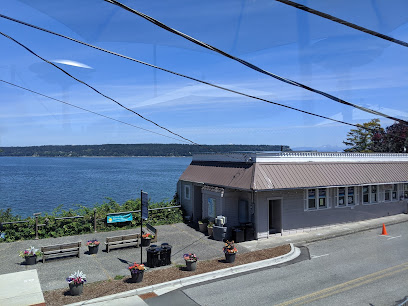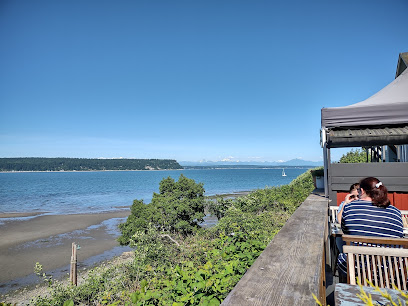
The Serene Beauty of Whidbey Island
Whidbey Island, located in Puget Sound in Washington State, is a haven for nature lovers and adventurers alike. This charming island offers a unique blend of lush forests, stunning coastlines, and quaint towns that are perfect for exploring. One of the island's highlights is Deception Pass State Park, known for its scenic bridges and breathtaking views. You can hike through wooded trails, enjoy a picnic by the beach, or take a boat tour to see the famous Deception Pass Bridge from the water. The island is also home to several charming towns, including Langley, Coupeville, and Oak Harbor. Each town has its own unique character, with art galleries, boutique shops, and delightful cafes. Don't miss the chance to visit Fort Casey State Park, where you can explore historic military fortifications and take in panoramic views of Admiralty Inlet. Whidbey Island is an ideal destination for those looking to escape the hustle and bustle of city life. Whether you're interested in outdoor activities, historical sites, or simply relaxing by the sea, this island offers something for everyone.
Local tips in Whidbey Island
- Visit during the off-season (late fall to early spring) to avoid crowds and enjoy a more peaceful experience.
- Take the Mukilteo-Clinton ferry for a scenic and convenient way to reach the island.
- Pack layers of clothing; the weather can be unpredictable, even in summer.
- Rent a bike or bring your own to explore the island's scenic trails and roads.
- Try the local seafood at one of the island's many restaurants, especially the mussels in Coupeville.
The Serene Beauty of Whidbey Island
Whidbey Island, located in Puget Sound in Washington State, is a haven for nature lovers and adventurers alike. This charming island offers a unique blend of lush forests, stunning coastlines, and quaint towns that are perfect for exploring. One of the island's highlights is Deception Pass State Park, known for its scenic bridges and breathtaking views. You can hike through wooded trails, enjoy a picnic by the beach, or take a boat tour to see the famous Deception Pass Bridge from the water. The island is also home to several charming towns, including Langley, Coupeville, and Oak Harbor. Each town has its own unique character, with art galleries, boutique shops, and delightful cafes. Don't miss the chance to visit Fort Casey State Park, where you can explore historic military fortifications and take in panoramic views of Admiralty Inlet. Whidbey Island is an ideal destination for those looking to escape the hustle and bustle of city life. Whether you're interested in outdoor activities, historical sites, or simply relaxing by the sea, this island offers something for everyone.
When is the best time to go to Whidbey Island?
Unmissable attractions to see
Seattle Premium Outlets
Discover unbeatable savings and a diverse shopping experience at Seattle Premium Outlets in Tulalip, Washington, just north of Seattle.
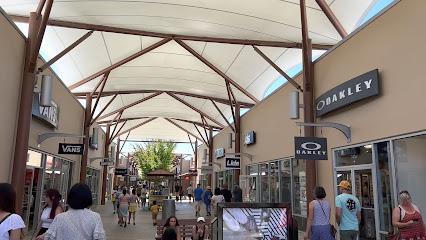
Roozengaarde
Explore Roozengaarde, a vibrant flower market and garden in Mount Vernon, showcasing stunning tulip displays and unique gifts for every visitor.
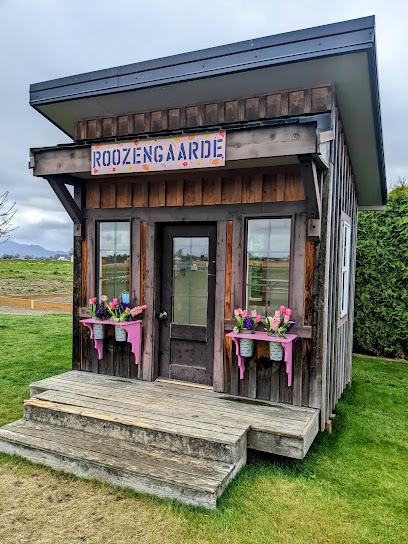
Mukilteo Beach
Experience the beauty and tranquility of Mukilteo Beach, a must-visit destination in Washington for nature lovers and beach enthusiasts alike.
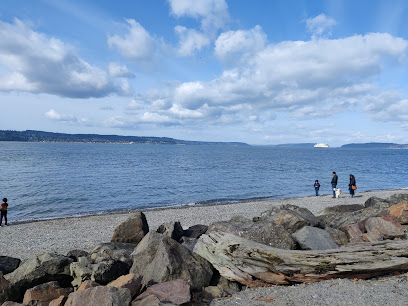
Nordstrom
Discover Nordstrom in Seattle, a premier department store offering a wide range of fashion, cosmetics, and exceptional customer service in the heart of the city.
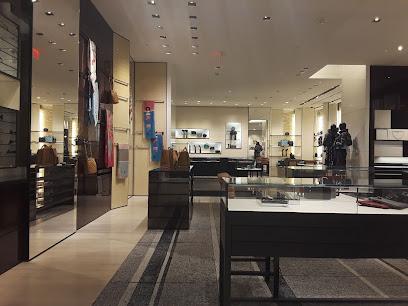
Bloedel Reserve
Explore the enchanting Bloedel Reserve, a stunning nature preserve on Bainbridge Island filled with breathtaking gardens, serene trails, and diverse wildlife.
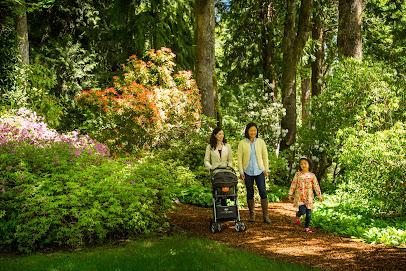
Ballard Farmers Market
Experience the charm of Seattle at Ballard Farmers Market, a local gem featuring fresh produce, artisan crafts, and a vibrant community atmosphere.
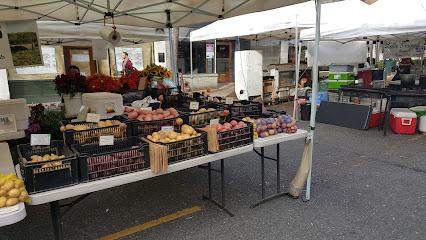
Picnic Point Park
Explore the beauty and tranquility of Picnic Point Park, a scenic oasis in Edmonds, Washington, perfect for outdoor enthusiasts and nature lovers.
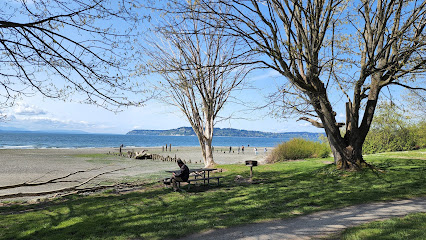
Front Street Grill
Discover the taste of the Pacific Northwest at Front Street Grill, Coupeville's premier seafood restaurant with stunning waterfront views.

Shilshole Bay Marina
Experience the picturesque views and vibrant atmosphere at Shilshole Bay Marina, Seattle’s serene waterfront destination for relaxation and exploration.
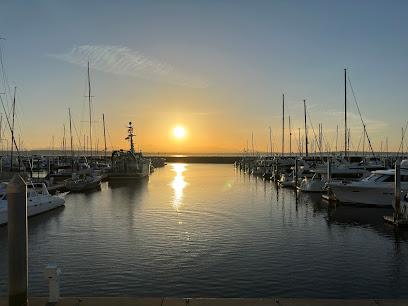
Hattie's Hat Restaurant
Experience the heart of Seattle's brunch culture at Hattie's Hat Restaurant, where American comfort food meets a cozy bar atmosphere in Ballard.
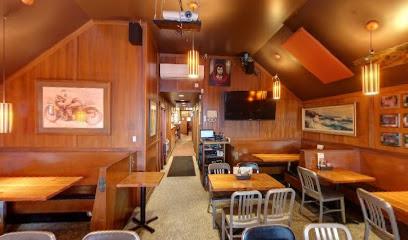
Tractor Tavern
Discover the vibrant ambiance and unforgettable live music at Tractor Tavern, Seattle's premier concert hall and bar in Ballard.
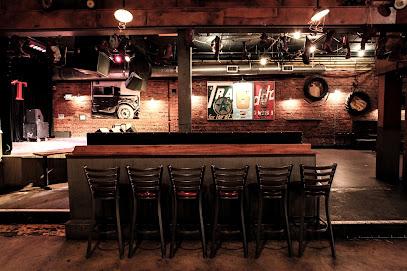
Flying Heritage & Combat Armor Museum
Discover the rich history of aviation and armored warfare at the Flying Heritage & Combat Armor Museum in Everett, Washington.
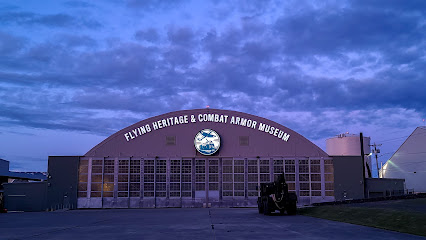
Harborview Park
Discover the natural beauty and recreational charm of Harborview Park in Everett, Washington, where stunning harbor views await.
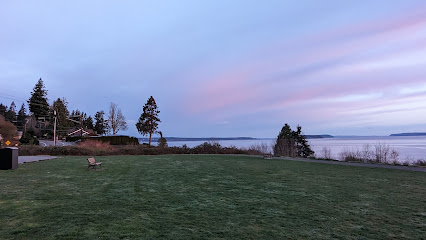
McDonald's
Experience the classic fast-food charm of McDonald's in Marysville, a perfect stop for travelers seeking comfort food on the go.

Robert Y. Pratt Preserve at Ebey's Landing
Experience breathtaking coastal views and diverse wildlife at Robert Y. Pratt Preserve at Ebey's Landing, a must-visit nature preserve in Washington.
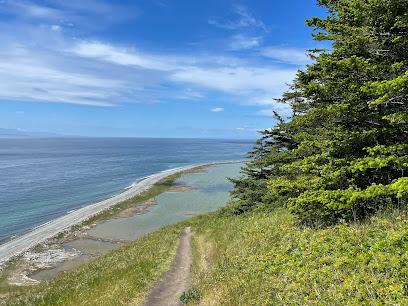
Essential places to dine
Markets, malls and hidden boutiques
THE STAR STORE
Explore The Star Store in Langley, WA, for unique gifts, local delicacies, children's clothing, and charming finds for all ages.
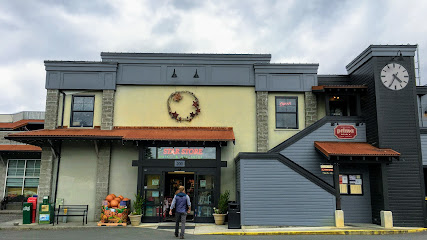
The Commons Cafe & Books
Discover the perfect blend of coffee and books at The Commons Cafe & Books in Langley, where every sip and page turn is a delightful escape.
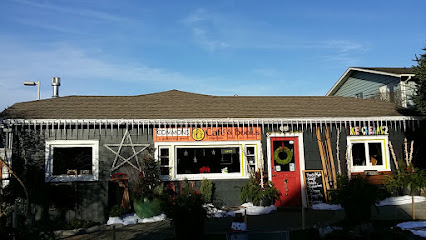
Casey's Crafts
Discover endless creative possibilities at Casey's Crafts, your go-to craft store in Langley, WA, with supplies for all your artistic needs.
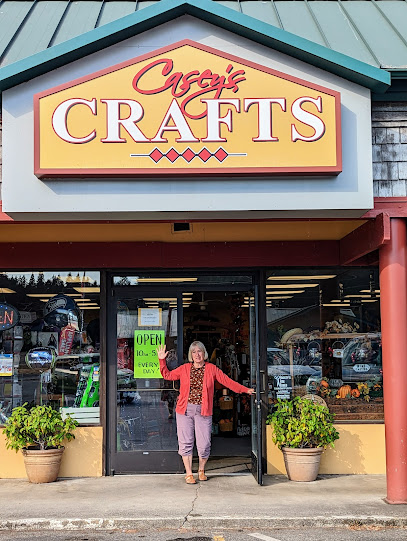
Music for the Eyes
Explore a unique collection of handcrafted rugs at Music for the Eyes in Langley, Washington, where art and style meet in an inviting atmosphere.
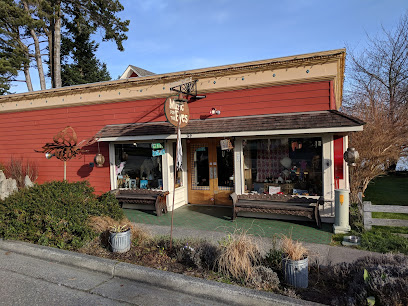
Moonraker Bookstore
Explore Moonraker Bookstore in Langley, WA - A Literary Haven with a Cozy Atmosphere and a Diverse Collection of Books.
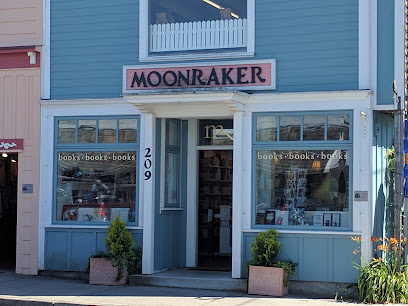
Good Cheer Langley Thrift Store
Explore the charm of Good Cheer Langley Thrift Store, where unique finds and community support come together in the heart of Langley, WA.
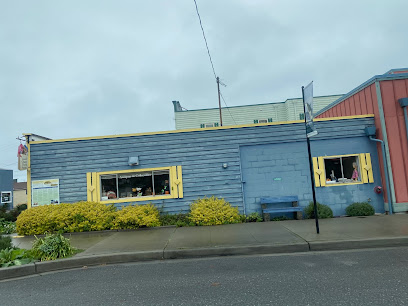
Madrona Supply Co.
Explore Madrona Supply Co. in Clinton, WA - a charming gift shop offering unique home goods, delightful candies, and special finds for all ages.
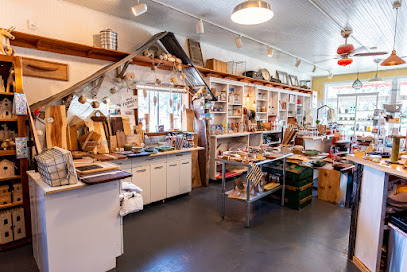
Bayview Center Shopping Plaza
Explore Bayview Center Shopping Plaza in Langley, WA for a unique shopping experience with diverse stores and delightful dining options.
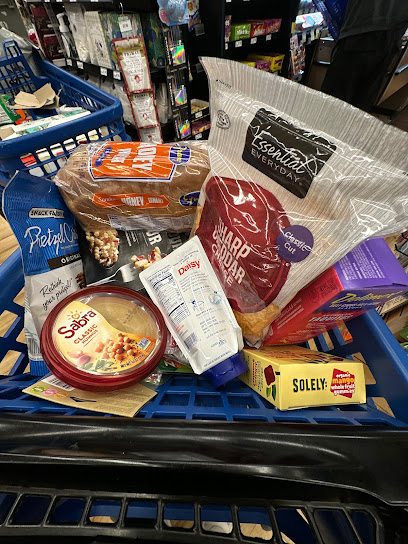
The Jester's Keep
Discover a world of fun and strategy at The Jester's Keep, Langley's beloved game store featuring an extensive selection of board and card games.
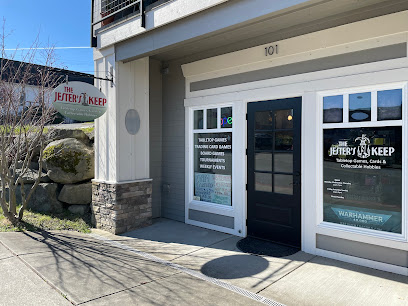
Village Wine Shop and Tasting Room
Discover unique wines and local flavors at the Village Wine Shop and Tasting Room in Langley, WA - a haven for wine enthusiasts and casual sippers alike.
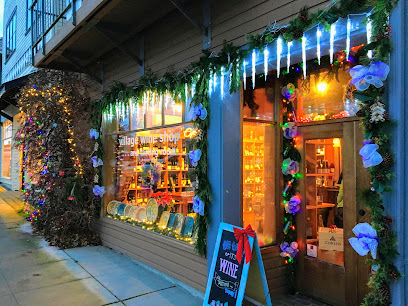
Edit
Discover unique handmade home goods at Edit in Langley, Washington—a treasure trove of local artistry and craftsmanship.
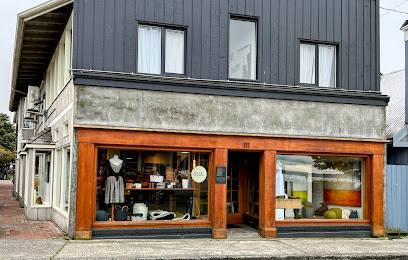
Grayhorse Mercantile
Explore Grayhorse Mercantile in Langley for unique gifts, home goods, and specialty grocery items that capture the essence of Whidbey Island.
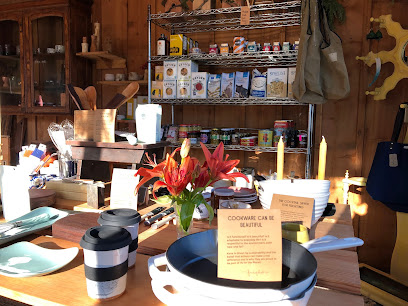
Kalypso’s Gifts
Explore Kalypso's Gifts in Langley, WA for unique artisanal treasures and local crafts, perfect for souvenirs or special gifts.
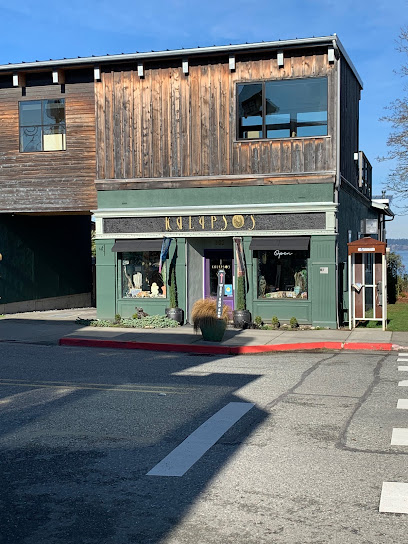
Fair Trade Outfitters
Explore Fair Trade Outfitters in Langley, WA for unique women's clothing that celebrates style and ethical sourcing.
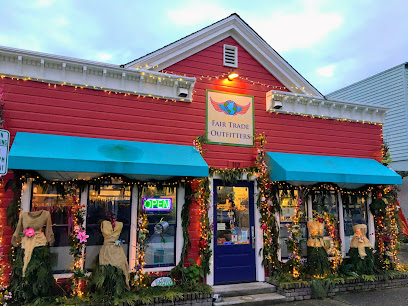
Alma
Discover unique treasures at Alma, a boutique in Langley offering handcrafted items that capture the essence of local craftsmanship and creativity.
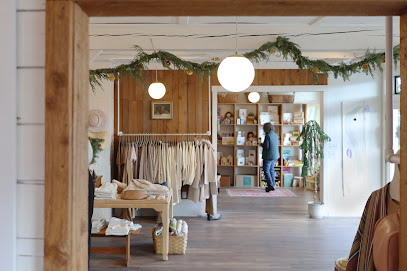
Essential bars & hidden hideouts
Village Pizzeria
Discover the authentic taste of gourmet pizza at Village Pizzeria in Langley, a delightful spot for food lovers in Washington.
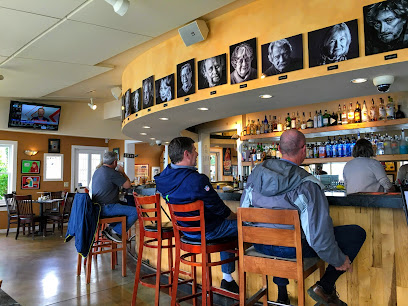
The Lodge Sports Grille
Experience the ultimate sports bar atmosphere at The Lodge Sports Grille, featuring delicious food, refreshing drinks, and all your favorite games.
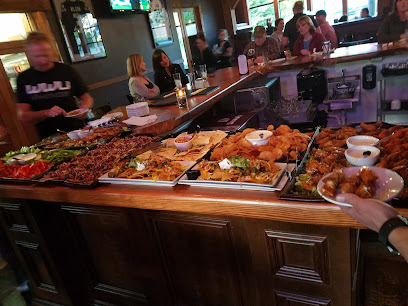
Saltwater Fish House & Oyster Bar
Experience the best of Pacific Northwest seafood at Saltwater Fish House & Oyster Bar in Langley, WA, where fresh flavors meet stunning waterfront views.
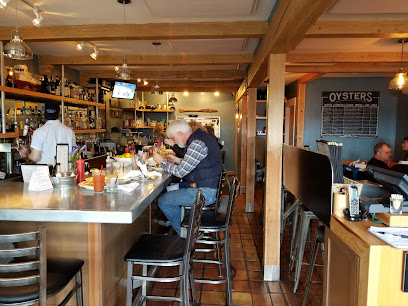
The Braeburn Restaurant
Experience the best of Pacific Northwest cuisine at The Braeburn Restaurant in Langley, where fresh ingredients meet culinary creativity in a cozy setting.
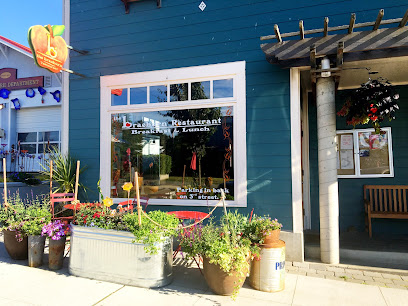
Whidbey Island
Experience the breathtaking beauty and vibrant culture of Whidbey Island, a Pacific Northwest gem with stunning landscapes and outdoor adventures.
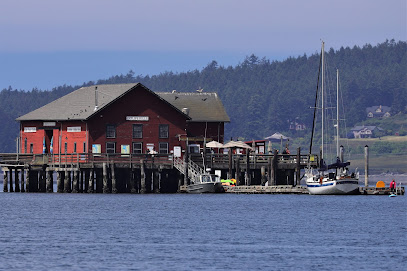
The Paddle Pub
Discover The Paddle Pub in Stanwood, WA: where delicious food meets breathtaking lakeside views for an unforgettable dining experience.
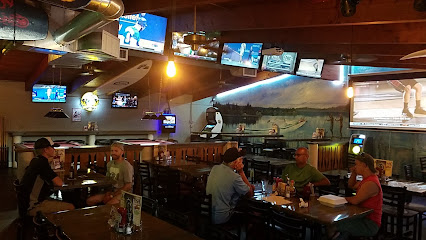
The Shrimp Shack at Cozy's
Discover the flavors of the coast at The Shrimp Shack at Cozy's, offering fresh seafood, burgers, and pizzas in a family-friendly atmosphere.
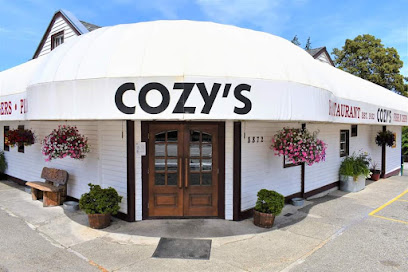
The Cove Restaurant and Lounge
Experience the perfect blend of delicious cuisine and lively sports atmosphere at The Cove Restaurant and Lounge in Lynnwood, WA.
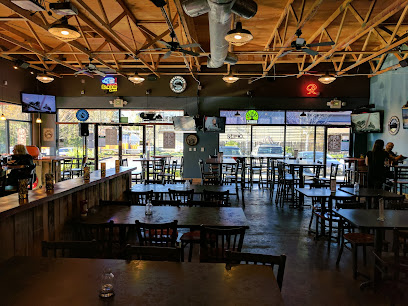
White Buffalo Saloon
Discover the vibrant atmosphere of White Buffalo Saloon in Everett, where local flavors meet community spirit in a cozy bar setting.
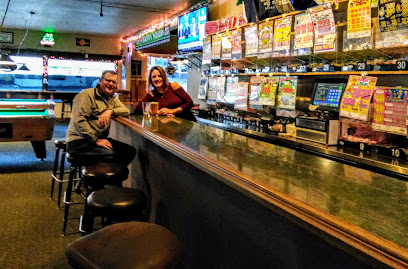
Prima Bistro
Experience the perfect blend of Pacific Northwest and French cuisine at Prima Bistro in Langley, WA, where every meal is a celebration of flavor.
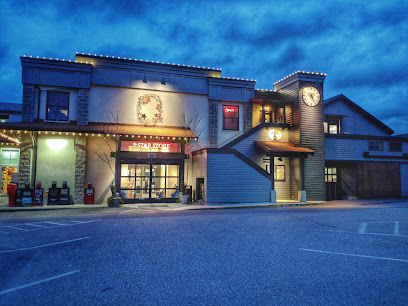
Tapped Mukilteo
Discover Tapped Mukilteo, where diverse flavors meet a lively atmosphere, perfect for families and food lovers in Washington.
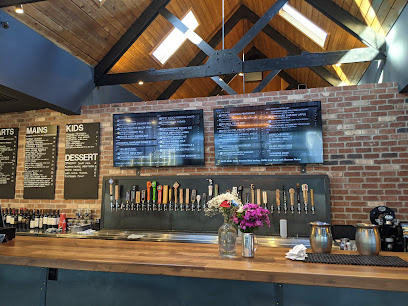
Ultra House
Discover the heart of Japanese cuisine at Ultra House in Langley, WA, where every bowl of ramen tells a story of tradition and taste.
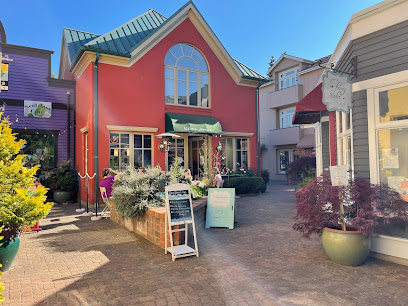
Spyhop
Discover Spyhop in Langley: A cozy pub offering delectable dishes, local drinks, and a vibrant atmosphere perfect for any occasion.
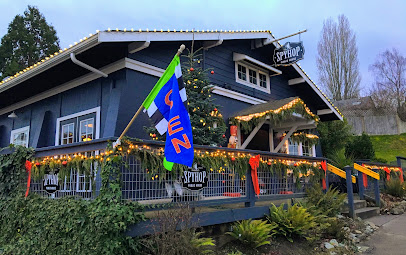
Taproom@Bayview Corner
Discover the Pacific Northwest's flavors at Taproom@Bayview Corner in Langley, WA – a delightful restaurant and pub experience awaits you.
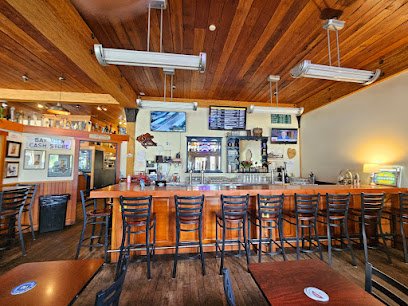
Cabernets & IPA's Mukilteo
Discover the flavors of America at Cabernets & IPA's Mukilteo, where great food, fine wines, and a cozy atmosphere await.
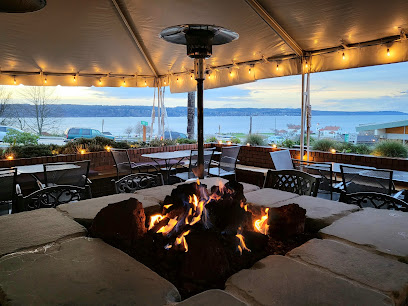
Local Phrases about Whidbey Island
-
- HelloHi
[haɪ] - GoodbyeBye
[baɪ] - YesYeah
[jɛ] - NoNah
[nɑ] - Please/You're welcomePlease/Welcome
[pliz/ˈwɛlkəm] - Thank youThanks
[θæŋks] - Excuse me/SorryExcuse me/Sorry
[ɪkˈskjuz mi/ˈsɔri] - How are you?How are you?
[haʊ ɑr ju] - Fine. And you?Good. And you?
[ɡʊd ænd ju] - Do you speak English?Do you speak English?
[du ju spik ˈɪŋɡlɪʃ] - I don't understandI don't get it
[aɪ doʊnt ɡɛt ɪt]
- HelloHi
-
- I'd like to see the menu, pleaseCan I see the menu, please
[kæn aɪ si ðə ˈmɛnju pliz] - I don't eat meatI don't eat meat
[aɪ doʊnt it mit] - Cheers!Cheers!
[ʧɪrz] - I would like to pay, pleaseI want to pay, please
[aɪ wʊd laɪk tə peɪ pliz]
- I'd like to see the menu, pleaseCan I see the menu, please
-
- Help!Help!
[hɛlp] - Go away!Go away!
[ɡoʊ əˈweɪ] - Call the Police!Call the Cops!
[kɔl ðə kɒps] - Call a doctor!Call a doc!
[kɔl ə ˈdɑk] - I'm lostI'm lost
[aɪm lɒst] - I'm illI'm sick
[aɪm sɪk]
- Help!Help!
-
- I'd like to buy...I want to buy...
[aɪ wɑnt tə baɪ] - I'm just lookingI'm just looking
[aɪm ʤʌst ˈlʊkɪŋ] - How much is it?How much does it cost?
[haʊ mʌʧ dəz ɪt kɒst] - That's too expensiveThat's too pricey
[ðæts tuː ˈpraɪsi] - Can you lower the price?Can you drop the price?
[kæn ju drɒp ðə praɪs]
- I'd like to buy...I want to buy...
-
- What time is it?What time is it?
[wʌt taɪm ɪz ɪt] - It's one o'clockIt's one
[ɪts wʌn] - Half past (10)Half after (10)
[hæf ˈæftər (10)] - MorningMorning
[ˈmɔrnɪŋ] - AfternoonAfternoon
[ˌæftərˈnun] - EveningEvening
[ˈivnɪŋ] - YesterdayYesterday
[ˈjɛstərˌdeɪ] - TodayToday
[təˈdeɪ] - TomorrowTomorrow
[təˈmɔroʊ] - 1One
[wʌn] - 2Two
[tu] - 3Three
[θri] - 4Four
[fɔr] - 5Five
[faɪv] - 6Six
[sɪks] - 7Seven
[ˈsɛvən] - 8Eight
[eɪt] - 9Nine
[naɪn] - 10Ten
[tɛn]
- What time is it?What time is it?
-
- Where's a/the...?Where is the...?
[wɛr ɪz ðə] - What's the address?What's the address?
[wʌts ðə ˈædrəs] - Can you show me (on the map)?Can you show me (on the map)?
[kæn ju ʃoʊ mi (ɒn ðə mæp)] - When's the next (bus)?When is the next (bus)?
[wɛn ɪz ðə nɛkst (bʌs)] - A ticket (to ....)A ticket (to ....)
[eɪ ˈtɪkɪt (tə ....)]
- Where's a/the...?Where is the...?
History of Whidbey Island
-
Long before European settlers arrived, Whidbey Island was home to several Native American tribes, including the Lower Skagit, Swinomish, and Suquamish. These tribes thrived on the island's abundant natural resources, engaging in fishing, hunting, and gathering. Their rich cultural traditions and deep connection to the land are still evident today in various archaeological sites and cultural practices.
-
In 1792, British explorer Captain George Vancouver charted the waters of the Pacific Northwest. During his expedition, he sent Lieutenant Joseph Whidbey to explore the island, leading to its subsequent naming as Whidbey Island in his honor. This marked the beginning of European awareness and eventual settlement of the island.
-
In the mid-19th century, American settlers began to arrive on Whidbey Island. The Donation Land Claim Act of 1850 encouraged settlement by granting land to settlers who would improve the property. This led to the establishment of farms, homesteads, and small communities that formed the backbone of the island's early economy.
-
Ebey's Landing was named after Colonel Isaac Neff Ebey, one of the first permanent white settlers on Whidbey Island. His homestead became the cornerstone of what is now Ebey's Landing National Historical Reserve, a protected area that preserves the island's agricultural heritage and scenic landscapes. The reserve is a testament to the island's early pioneers and their enduring legacy.
-
Fort Casey was built in the late 19th century as part of a coastal defense system to protect Puget Sound from potential naval threats. Today, Fort Casey State Park offers visitors a glimpse into military history with its preserved gun batteries, bunkers, and the Admiralty Head Lighthouse. The fort's strategic location and historical significance make it a fascinating destination for history enthusiasts.
-
Completed in 1935, the Deception Pass Bridge is an iconic symbol of Whidbey Island. This engineering marvel connects Whidbey Island to Fidalgo Island, spanning the turbulent waters of Deception Pass. The construction of the bridge opened up new opportunities for transportation and commerce, transforming the island's accessibility and economic landscape.
-
Established in 1942 during World War II, the Naval Air Station Whidbey Island has played a crucial role in the defense of the United States. The air station has been pivotal in various military operations and continues to be an important base for naval aviation. Its presence has significantly influenced the island's demographics and economy.
-
Whidbey Island is known for its vibrant cultural scene, hosting numerous festivals and events throughout the year. The Penn Cove Mussel Fest, the Whidbey Island Fair, and the annual Choochokam Arts Festival are just a few examples of the island's rich cultural tapestry. These events celebrate the island's local produce, arts, and community spirit, drawing visitors from near and far.
Whidbey Island Essentials
-
Whidbey Island is accessible by car, ferry, and plane. The most common route is via the Mukilteo-Clinton ferry, which operates frequently and takes about 20 minutes. Alternatively, you can drive over the Deception Pass Bridge from the north. The closest major airport is Seattle-Tacoma International Airport (Sea-Tac), from which you can rent a car or take public transportation to the ferry terminal. Kenmore Air also offers seasonal seaplane flights to Whidbey Island.
-
While on Whidbey Island, you can get around by car, bicycle, or public transit. Island Transit provides free bus services that cover most parts of the island, including popular attractions. Taxis and ride-sharing services are available but may be limited in some areas. Renting a car is often the most convenient option for exploring the island at your own pace.
-
The official currency is the US Dollar (USD). Credit and debit cards are widely accepted, but it's advisable to carry some cash for smaller establishments and rural areas. ATMs are available in larger towns like Oak Harbor, Coupeville, and Langley. Always notify your bank about your travel plans to avoid any issues with card transactions.
-
Whidbey Island is generally safe for tourists, with low crime rates. However, standard precautions apply: avoid leaving valuables in your car, especially in secluded areas, and be cautious when walking alone at night. There are no specific high-crime areas targeting tourists, but always stay vigilant and aware of your surroundings.
-
In case of emergency, dial 911 for immediate assistance. WhidbeyHealth Medical Center in Coupeville provides comprehensive medical services. Pharmacies are available in major towns. It is recommended to have travel insurance that covers medical emergencies. For non-urgent health issues, there are several clinics and urgent care centers on the island.
-
Fashion: Do dress in layers as the weather can be unpredictable. Casual and outdoor-friendly attire is generally acceptable. Religion: Do respect local customs, especially when visiting churches or historical sites. Public Transport: Do utilize the free Island Transit services and be punctual. Don’t eat or drink on public transport. Greetings: Do greet locals with a friendly 'hello' or 'hi'. Handshakes are common in formal settings. Eating & Drinking: Do try local seafood and farm-to-table cuisine. Don’t leave a tip below 15% at restaurants, as it is considered impolite.
-
To experience Whidbey Island like a local, visit the local farmers' markets for fresh produce and artisanal goods. Explore Ebey's Landing National Historical Reserve for a blend of natural beauty and history. Engage with locals at coffee shops and community events to learn more about the island’s culture. Don’t miss the seasonal festivals, such as the Penn Cove MusselFest and Whidbey Island Fair, which offer a glimpse into local traditions and festivities.
Nearby Cities to Whidbey Island
-
Things To Do in Marysville
-
Things To Do in Lynnwood
-
Things To Do in Kirkland
-
Things To Do in Redmond
-
Things To Do in Seattle
-
Things To Do in Bremerton
-
Things To Do in Bellevue
-
Things To Do in Renton
-
Things To Do in Kent
-
Things To Do in Federal Way
-
Things To Do in Auburn
-
Things To Do in Tacoma
-
Things To Do in Bellingham
-
Things To Do in Yakima
-
Things To Do in Hood River











